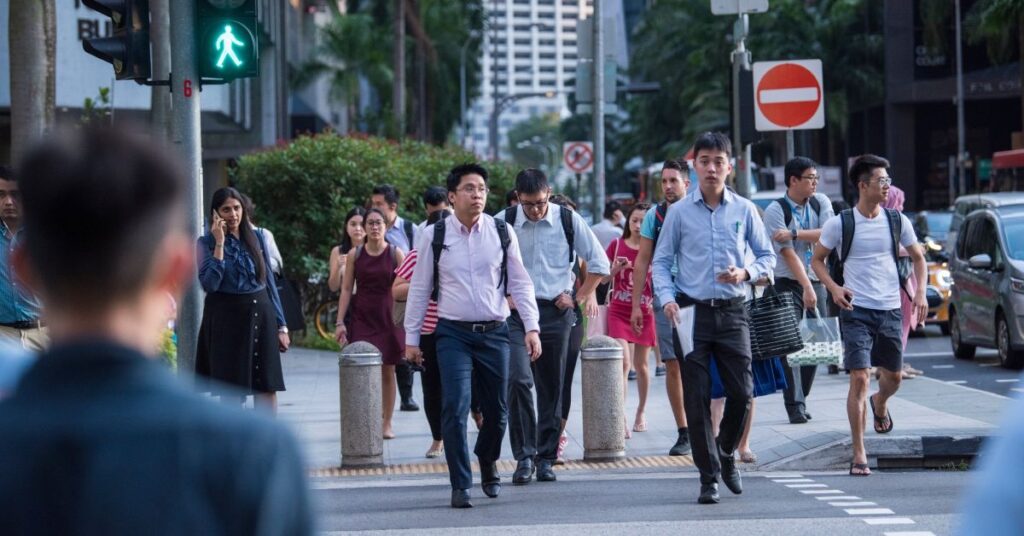Faced with poor market access and unfair trade, rural farmers are often left with just 20%-25% of profits from their labour.
That’s according to Dennis, founder of Veggies.my (Veggies), a social enterprise connecting local farmers directly to urban markets via online and offline platforms.
In addition, they also deliver fruits and vegetables through a subscription model. Excess produce that doesn’t get sold is redirected to feed the poor.
Dennis told Vulcan Post that revenue and profits made will be shared amongst their stakeholders and rural farmers, but more on that later.
A Needle In A Haystack

Since the pandemic, we’ve seen an abundance of small and big players sprouting to help rural farmers sell their produce online. Being a smaller fry in the industry, Veggies has found a few ways to stand out.
First off, they’re leveraging on their certifications from myGAP and myOrganic to assure customers of their produce’s quality.
These certifications are internationally recognised accreditations by the Malaysian Department of Agriculture (MOA).
Those who attain it follow the practices of improving rural farms through:
- A resource management system for sustainable agricultural production;
- Increasing a farm’s productivity and outreach to urban markets;
- Reducing pesticides use in the produce; and
- Preserving the environment and protecting the welfare of employees.
To attain this, Veggies has put their partnered farmers through a training programme with myGAP and MOA to build awareness and compliance for these practices.
“The produce’s freshness, food safety, and quality will not be compromised. Big players who penetrate into the mass market will have a hard time controlling quality,” Dennis said.

Veggies has also set up a rewards programme that works like a points system where RM1 equals to 1 point. For every 250 veggie points collected, customers will get RM5 cash vouchers in return.
This loyalty programme is meant to build a good rapport and keep customers coming back for more.
As the platform also prioritises customer service, they will also refund or replace any damaged or spoilt goods that are reported at delivery.
Reaching The Targeted Yield
In comparison to buying produce from mainstream grocery stores like Tesco, Dennis shared that it can cost consumers about 15%-20% more to purchase similar products from Veggies.
But when comparing the rates myself, I found that Veggies can sometimes sell their produce at a more affordable rate.
For example, 1kg of Siew Pak Choy on Tesco costs RM14.95. If I were to get it on Veggies, the same amount can cost me RM11.60.
Additionally, a percentage of purchases from Veggies will also contribute to the local B40 farmers in the low and highlands of Malaysia.
In the name of fair-trade, they pay their farmers an average of 40%-50% profit margin for their labour.
Thus, for the quality you’ll be getting from a social enterprise empowering rural farmers, Veggies can be a better option to customers.
Editor’s Note: Information in the above paragraphs have been edited to reflect greater factual accuracy.

As funding is limited, the social enterprise is relying on word-of-mouth from their customers, for now, to get the word out about what they do.
They would like to partner with more NGOs in cross-selling and resource sharing to provide meals to more B40 communities.
For now, Veggies only delivers to customers in the Klang Valley.
In the long term though, Dennis aims to export the produce from their small-scale farmers overseas. He also plans to engage with more Orang Asli communities to empower them in knowledge, skills, and income from farming.
- You can learn more about Veggies.my here.
- You can read about other startups we’ve written about here.
Featured Image Credit: Dennis, founder of Veggies.my












